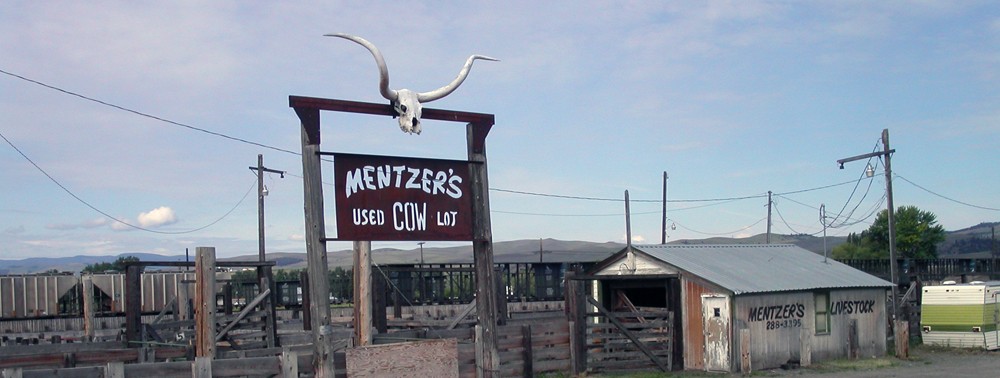Suburbia is inherently automobile oriented. It is a cultural landscape dominated by strip malls, subdivisions, and clogged transportation corridors that demands deference to cars. The people who moved to the suburbs brought with them cultural traditions that included a wide array of religious beliefs. As ranch houses and more immodest dwellings sprouted in residential neighborhoods after the Second World War, churches, synagogues, and other houses of worship were built for the people who lived in them.

Suburban intersection, Dunwoody, Ga., near an Orthodox synagogue.
Orthodox Jews, like their Reform, Conservative, and non-Jewish neighbors, rely on cars to survive in suburbia. Trips to the grocery store, to work, to school, to summer baseball games, and to the mall all require getting in a car to make the trip. Unlike their neighbors, however, Orthodox Jews must hang up their car keys for the weekly Sabbath and for other high holy days because of religious laws prohibiting certain activities that include work, carrying objects, pushing and pulling things, and operating vehicles. Continue reading

